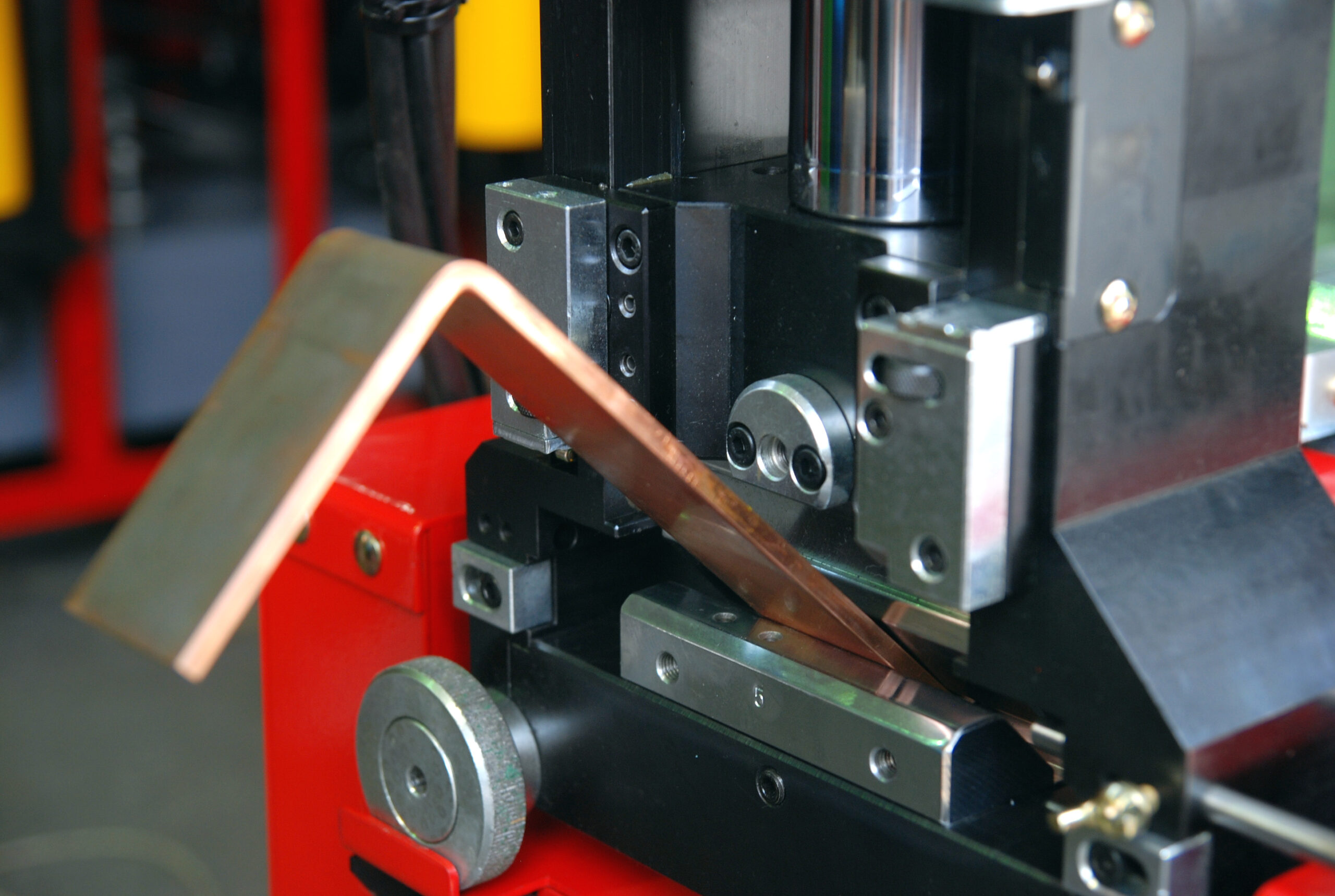In recent years, the field of busbar bending machine learning has seen remarkable growth and transformation, revolutionizing industries across the board. This surge in machine learning applications has been powered by the rapid advancements in technology and an ever-increasing pool of data. From healthcare to finance, and from transportation to entertainment, machines equipped with learning capabilities are reshaping the way we live and work.
Machine learning, a subset of artificial intelligence (AI), enables computers to learn from data and make predictions or decisions without explicit programming. This technology has become a game-changer in healthcare, where predictive models are assisting doctors in diagnosing diseases and developing personalized treatment plans. Moreover, in finance, machine learning algorithms analyze vast datasets to detect fraudulent activities and predict market trends, helping investors make informed decisions.
Transportation is another sector benefiting from machine learning. Self-driving cars, powered by machine learning algorithms, are on the verge of revolutionizing the automotive industry. These vehicles use sensors and data analysis to navigate safely, reducing accidents and increasing efficiency. Additionally, the entertainment industry is leveraging machine learning to enhance user experiences through content recommendations, personalized playlists, and even the creation of virtual actors and characters.
However, machine learning is not limited to these sectors alone. It has found its way into agriculture, where it aids in crop management and yield prediction, and into retail, where it optimizes supply chains and enhances customer experiences. Even the field of environmental conservation benefits from machine learning, with predictive models helping to monitor and protect endangered species and track climate change patterns.


